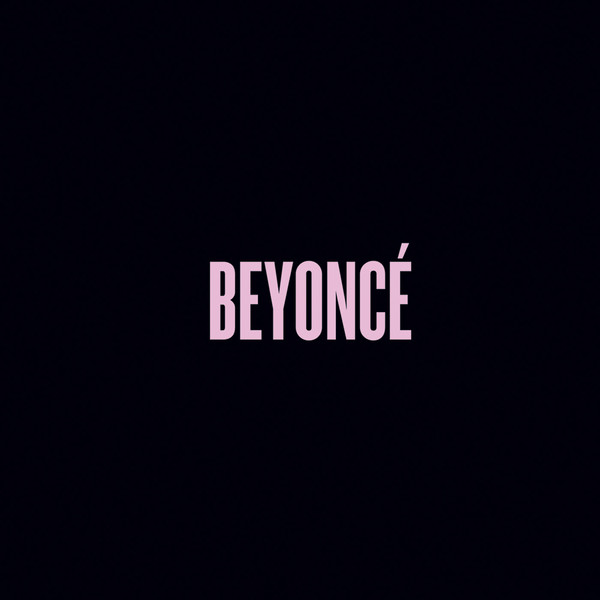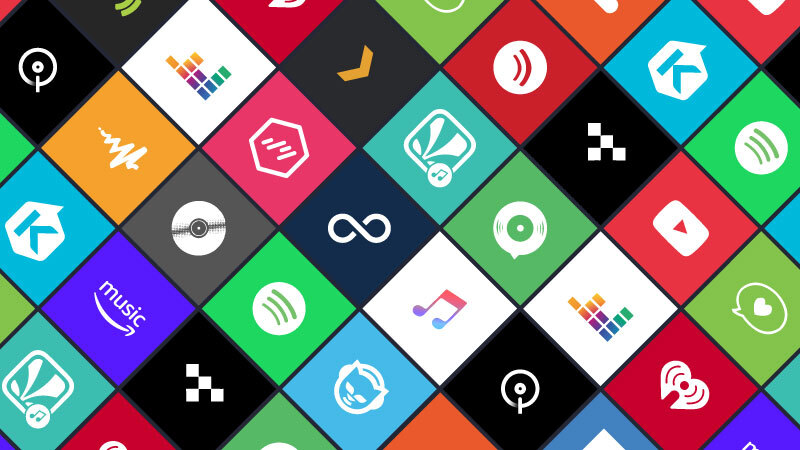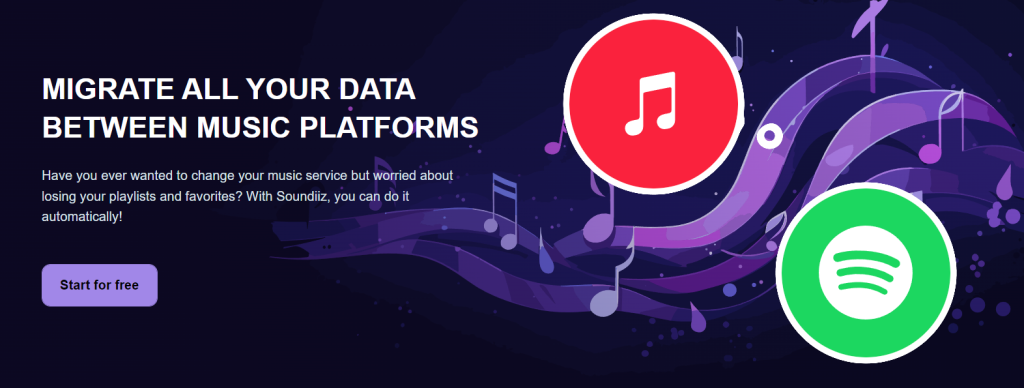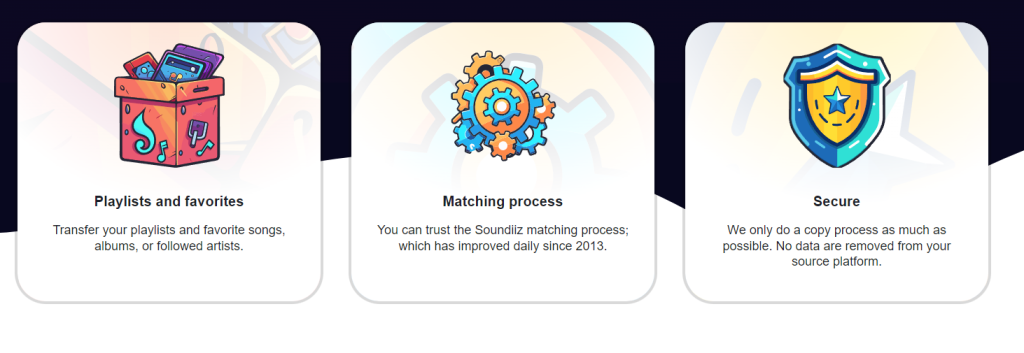Beyoncé has achieved many things in her career: awards galore, millions of records sold, world tours, films, documentaries, and music videos viewed hundreds of millions of times. But what many people don’t know is that she also turned the music industry upside down. It was the day Beyoncé changed the rules of music streaming. We’ll tell you all about it!
The context
The year is 2013. Music streaming is in its infancy: TIDAL doesn’t yet exist, for example, but Spotify, Deezer, and Apple Music are setting the pace in a market amid reinvention. Piracy is still a reality, and in the corridors of the music world, people are struggling to contain the problem. Record companies are losing hundreds of thousands of dollars, artists are, too, and it’s almost as if music has become accessible.

So we need to find a solution fast. Streaming also worries artists, who are seeing their royalties drop drastically compared to CD sales, which are also falling. Promotional budgets are down, labels are struggling, and artists need more exposure. Everyone fears a significant crisis. How do we cope?
Music superstar Beyoncé reflects on all this and says she must lead the way for everyone else. She has the commercial clout, charisma, and talent. Beyoncé can set an example: all eyes will be on her if she decides to act and does so without concession, shaking up what already exists. She also knows that many media outlets will echo her approach, so taking advantage of this is essential.
But for it to work, you have to make a big splash.
The day Beyoncé changed the rules of music streaming.
In 2013, Beyoncé took everyone by surprise and released Beyoncé, her fifth solo album. So far, nothing surprising, except that she did it on a Friday instead of Tuesday, the usual release day in the United States. And with no prior announcement, photos, promotion, or interviews. It is a total surprise in 100% digital format. It’s a celebration of the omnipotence of streaming. Beyoncé believes that streaming has become a powerful tool for artists but has not yet been fully exploited. Not to its full potential.

With streaming, there’s no need to adhere to a release schedule, and manufacturing constraints, lead times, and other steps force musicians to plan an album release many months in advance. Streaming allows you to be instinctive and do almost what you want when you want. And that’s precisely what the former Destiny’s Child member is doing.
It was a shockwave, and the album was a huge success, becoming the most streamed album in iTunes history. Beyoncé explained that she wanted to reduce the distance between artists and the public. She didn’t want anything to interfere with this relationship in a context where artists have a thousand opportunities to do promotional work. She also feels that the art of the album is being lost. Her colleagues are making nothing but compilations of singles, without any structure and with less and less ambition. In short, she’s trying to reverse the trend.

She wants artists back in control of their art, no longer subject to labels or press relations constraints. Being mute, even invisible, before announcing her comeback allows her to multiply her message tenfold and to hit a significant media cup. By freeing herself from the rules of the record industry and its specifications, she and she alone are in control of her career, her image, and how she wants to present herself.
In doing so, Beyoncé not only revolutionizes the way we communicate but also significantly changes the world.
The day Beyoncé changed the rules of music streaming: the aftermath
Until now, albums were generally released on Tuesdays in the USA. With Beyoncé’s album released on a Friday, and given its success, industry executives are sitting up and taking notice. Friday seemed ideal, and Beyoncé proved that achieving massive success with this new day was possible. Billboard begins a seven-month negotiation that results in a change of release day. To combat piracy problems and allow listeners to listen to albums at their leisure over the weekend, release dates were moved to Fridays, which applied worldwide.

By shifting album releases to a day close to the weekend, retailers selling physical albums also have more time to set up their shelves and organize. It all sounds like a win-win situation. And it’s pretty incredible to think that it’s all down to one artist, who decided that a model had to be changed to be more in tune with artists’ desires. A single album has an enormous impact on an entire industry and continues to be a standard. Even today, albums are released on Fridays in the United States. And this looks set to continue.
Surprise albums
Beyoncé was also instrumental in bringing about a significant change in the music world: releasing surprise albums without any prior promotion. In Beyoncé’s wake, many other artists released albums without announcing anything beforehand. In the US, Drake released If You’re Reading This It’s Too Late in 2015, for example. Each time, it’s a success. By doing this, artists retain control over their communication elements and take power back from the hands of the media and journalists by imposing something on them.

This goes hand in hand with the loss of control of certain media outlets and music journals. Artists are becoming their communication managers, no longer waiting for a media outlet to advertise them by interviewing or featuring them. It’s a profound shift in the dynamics of the record industry, one that holds promise for the future.
It also supports recent discussions about fairer remuneration for artists in the context of greater streaming power.
What does it have to do with Soundiiz?
It hasn’t had any impact on Soundiiz and what we offer. In 2013, when Beyoncé released her album, we were still in our infancy. The shift in releases from Tuesday to Friday doesn’t change what we can offer you: to facilitate your daily use of streaming platforms.
On the other hand, we will play an essential role if you wish to migrate all your data from one platform to another. How can we do that? We can do this by using our Transfer function, for example.

And don’t worry if you’ve already subscribed to Spotify, Apple Music, or YouTube Music. One thing that holds many people back in their decision to switch streaming platforms is the fear of losing data (playlists, favorite songs, etc.) accumulated over the years on their old streaming service.
Soundiiz allows you to avoid the embarrassing situation of starting everything from scratch. Building up a library of artists, songs, albums, or playlists… Wouldn’t that be frustrating?
With Soundiiz, you can directly find all your Spotify, Apple Music, TIDAL, YouTube Music, and other data in your new account in just a few seconds.

But Soundiiz doesn’t just store your data in one place: our tool is pretty magic because it allows you to edit and export these same data…directly from your Soundiiz account.
Another feature our users love is the ability to export your data in CSV format before canceling your subscription. Then, you can download the file, store it on your chosen device, and re-import it. Bonus: if you modify one or more lines of your document, these changes will be available during the re-import.
You can test our services right here!



